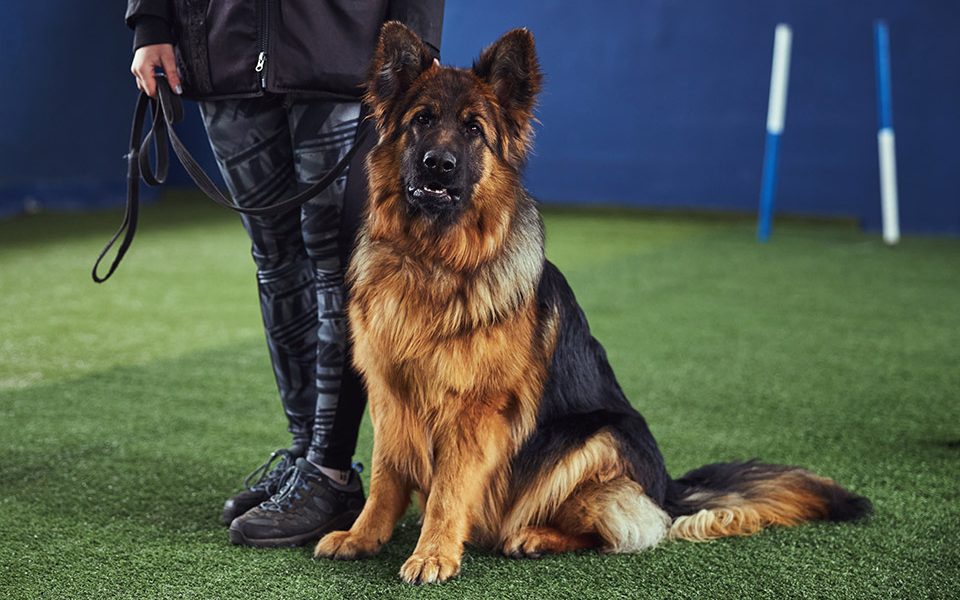How To Get Odors Out Of Synthetic Turf?
Synthetic turf is an essential feature of a home. Besides creating an appealing and long-lasting look, it can be a great solution for modern-day environmental concerns. In areas where drought is prevalent, synthetic turf eliminates the need for irrigation and reduces the amount of water needed to keep your lawn vibrant and green.
However, it has its nuances too. For instance, synthetic turf can be prone to foul odor due to different factors, including heat, dirt, and pet waste.
This can hinder guests from visiting your home. Moreover, the bad odor may result in unhealthy environments for your pets and children, especially if it is on the balcony, playground, swimming pool, or sports field areas.
While probing possible solutions for removing bad odor in your yard, you must first take a step to find out the root cause of the smell. This will enable you to find the appropriate solution to prevent such odors from transpiring again.
What Causes Odors?
Pet Waste
Synthetic turf does not allow pet waste decomposition. And homeowners who choose to install artificial turf can lack the appropriate drainage for the turf. Due to this, you are likely to find pet urine on your turf, which results in a foul odor over time.
Accumulated Dirt
If you have synthetic turf in your yard, it is usual that children will be playing on it. Their sweat falls on the turf, and they may also drop dirt, toys, and other items as they play. This will create caked layers of dirt. The simple solution is to clean up the grass regularly.
Heat
Most synthetic turfs are made of rubber. When exposed to too much sunlight or any other heat source, they start to smell like a burning tire. Hot temperatures can expose pets and homeowners to heat stroke and dehydration if they constantly use turf in a hot climate.
How Do You Get Rid of The Smell in Your Turf?
When dealing with a bad odor in your yard, here are simple tricks and tips that will help you keep your synthetic turf clean and smelling great again.
Rinse Your Artificial Grass regularly
The easiest way to get rid of odor in your artificial grass is to rinse it regularly.
You can spray it with the garden hose like you would with natural turf. Aim the spray of the hose downhill. Start from the highest areas if you do not notice a visible slope. This will ensure the odor-causing materials flow off the turf.
Rinsing helps keep the lawn clean, eliminating the dirt and pollen that naturally settles on the surface. If your pet favors a specific spot on your artificial lawn, rinse the area frequently to keep the odor at bay.
Use Homemade Artificial Turf Cleaner
A wide range of synthetic turf cleaners work magic on the grass to prevent odor and long-term damage. You can use homemade solutions like a mixture of water and soap, water and vinegar, or sprinkle baking soda on the affected areas, then clean normally.
For water mixtures, you can spray the mixture into the grass or apply it by hand. Afterward, rinse it to clear off the soap. Use a rough rag or soft-bristled brush to work the soapy water into smelly or stained spots to make it more effective.
Depending on your location, spreading a few handfuls of baking soda around your synthetic turf will help keep your lawn smelling great. Baking soda absorbs the odor quickly, and when it rains, the powder converts to carbon dioxide and the odor will disappear. If there are no signs of rain, wait a few days and hose down your lawn for a similar effect.
Try out various homemade remedies and stick to one that works well for your artificial grass. Most homemade dog urine removers will work best around pets and children than those bought in the store, which may contain toxic chemicals.
Replace Synthetic Grass Regularly
Synthetic grass is great for pets and their messes. It is easier to clean up the mess efficiently. But failing to clean up correctly leads to a bug problem.
Because artificial grass lacks the microbes to break down organic waste, your pet’s mess will stick in the yard, leading to mold growth, stains, and bad odor that you can only address by replacing the entire lawn.
Surround Your Synthetic Turf with Treated Wood
Investing in a treated fence will enable you to have a durable turf that will stop your pets from pulling an edge. If you use an untreated fence, you may find it has become vulnerable to rot and insects over time.
Pressure-treated wood is the most common fencing material used in home lawns. The treatment involves chemical preservatives placed in the middle of the timber for enhanced protection to increase the life of the timber since untreated wood will decay quickly.
Install a System of Sprinklers
Sprinkler systems are incredibly convenient. They save effort and time, sparing you from having to drag hoses around your yard daily. Additionally, they will soak the grass to cool it off and drain pet waste from your yard.
If your lawn’s appearance seems to be suffering, it could indicate that the sprinkler system is not working at its full potential. For such situations, it helps to get a professional assessment and correct issues to help you maintain a clean and long-lasting turf.
Wrapping Up
Artificial grass is one of the best options to fit in your yard if you own a pet or want to maintain your lawn long-term. However, the primary challenge comes when you have installed your synthetic grass and your pet’s urine leaves an odor.
The above practices unquestionably come in handy if you are serious about getting odors out of your synthetic turf. Also, if you are getting artificial turf laid in your garden and you have pets, it helps to ask the installer how they professionally deal with the possible issue. You may discover more valuable tips.


